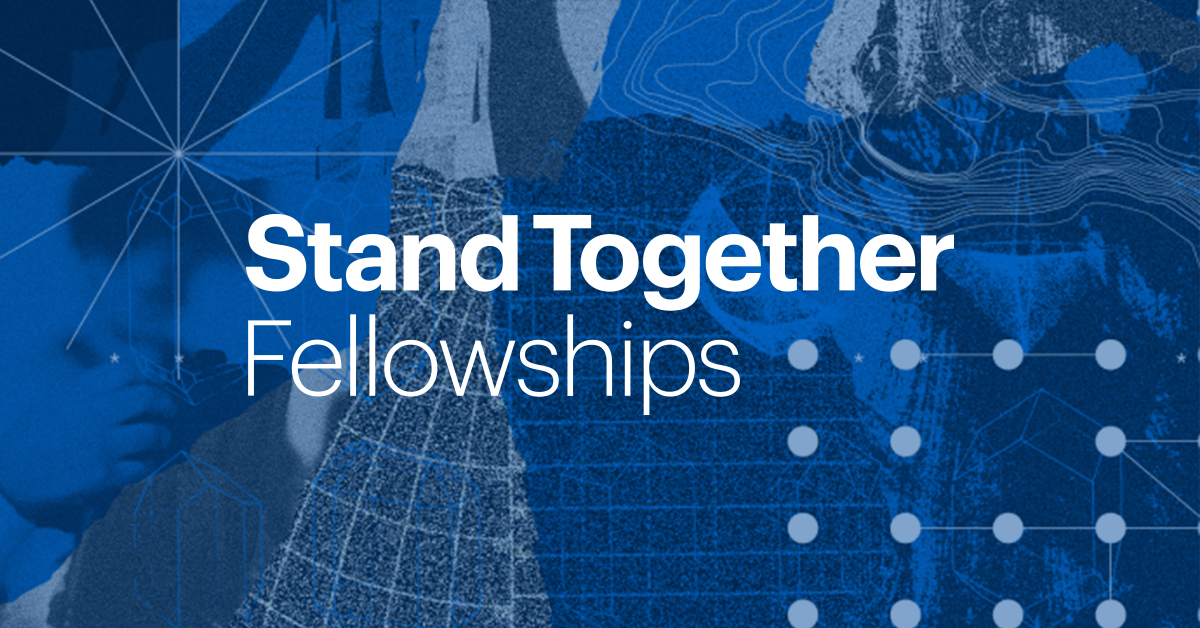Earlier this year, Virginians sent a clear message about their desire to address flaws in the current criminal justice system, with a majority supporting reducing prison costs and the right for restored citizens to get work certification licenses after being released from prison. This month, the Charles Koch Institute, along with the National Association of Criminal Defense Lawyers (NACDL), brought together a variety of experts to examine current policies in Virginia and to identify opportunities to improve safety, lower costs, and assist individuals with criminal records.
“Criminal justice is about public safety and costs, but more importantly, it’s about human dignity,” said Jordan Richardson, senior policy analyst at the Charles Koch Institute. Richardson began the morning by introducing a discussion about navigating a path forward for reform in the Commonwealth of Virginia. Panelists had an optimistic outlook on the potential for change. As Bobby Vassar, retired chief counsel for the U.S. House Judiciary Subcommittee on Crime, said, “The focus on re-entry programming is showing that Virginia is one of the leading states on reducing recidivism.” However, he still cautioned that reform advocates needed a holistic approach. “As great as we are at responding to crime,” he said, “it doesn’t address crime itself. We still have too many automatic and default-oriented approaches, especially in terms of sentencing.”
That sentiment was echoed by Robyn McDougle, an associate professor of criminal justice at Virginia Commonwealth University. “How does a proposed sentencing reform affect not just the courtroom, but also probation and parole?” she asked. “Some recommendations work for one, but not the others, and then the result is viewed as a failure, and there’s this thinking of ‘you can’t reform the system.’”
Delegate Charniele Herring of the Virginia House of Delegates is aware of a clamoring for a comprehensive look at the criminal justice system, especially in how it relates to the community. “I believe we can save on costs,” she said. “We need to ensure that there’s a connection to the community. Why imprison when we can foster public community service? … When we talk about justice, think more holistically and we save dollars.”
“It’s not about how much it costs to do this, but how much it costs not to do this.”-@BryanStirling on the importance of successful re-entry
— Charles Koch Inst. (@CKinstitute) December 6, 2016
At the following panel, moderated by Erin Kreeger of the Coalition for Public Safety, prosecutors and defense attorneys debated the need to reform the discovery process in criminal trials. James McCauley, ethics counsel for the Virginia Bar Association, explained that discovery reform is often conflated with the due process case Brady v. Maryland. However, he said, that case does not establish a uniform standard of ethical obligation.
“Unfortunately, there is no U.S. constitutional protection for discovery,” reiterated Douglas Ramseur, capital defender for Central Virginia. Ramseur went on to explain that in Virginia, there is no guarantee of access to witness lists or police reports for defendants. That poses great risks for individual freedom, argued Virginia state senator William Stanley.
“What this boils down to,” explained Stanley, “is an inconsistency in applying the law. When you don’t have all the facts, how can you properly advise that defendant? It’s a deprivation of liberty.”
But Bryan Porter, the commonwealth’s attorney for the City of Alexandria, offered clear guidelines for prosecutorial ethics. Porter told the audience that his office values the sanctity of the discovery process and operates under adherence to the law, rather than political pressures to post good statistics. “In my office, I make it clear our job is to get just results, not necessarily convictions,” he said.
The conference ended with a discussion about opportunities for successful re-entry, first looking to the Prison Entrepreneurship Program in Texas for direction.
Moderator Christian Braunlich, vice president of the Thomas Jefferson Institute, asked the NACDL’s Angelyn Frazer-Giles about the obstacles restored citizens face when seeking employment. Frazer-Giles lamented that there were uneven resources for those returning to society after incarceration.
In #VA, occupational licensing poses a huge barrier to successful re-entry for restored citizens, says @angelynfrazerg #CJreform
— Charles Koch Inst. (@CKinstitute) December 6, 2016
Martin Brown, former commissioner for the Virginia Department of Social Services, said that while Virginia “may be doing poorly, we’re doing better than most when it comes to reducing recidivism.” Brown also stressed that community relationships need to be addressed before individuals return to society. “Re-entry efforts make communities safer—if you’re able to strengthen relationships during and after incarceration, that individual is going to be motivated to not recommit.”
“There is nothing as sophisticated or advanced or as inspirational as the Prison Entrepreneurship Program here in Virginia yet,” said John Dougherty, who as vice president of community workforce for Goodwill of Central and Coastal Virginia works with other organizations on re-entry efforts. “We need to understand the cycle that is involved and strengthen families if you want to impact the system. First, find people who genuinely care; and second, have true confidence and belief in the inmates.”
Adryann Glenn, an author and criminal justice reform advocate through Mustard Seed Ministries, agreed. “Prosecutors should spend more time in correctional facilities, to realize how soon people realize their mistakes and are rehabilitated,” he said. “I’m here before you because many people wrapped their arms around me and said, ‘Not this one, and not again.’ But for every one of me, there are 2,000 others who don’t receive that kind of support.”
“If there’s not structures set up in the community, we’re just going to keep going through the cycle,” said Frazer-Giles. She summed up the panel’s sentiment by emphasizing that “it’s not in our nature to not feel for other people.


